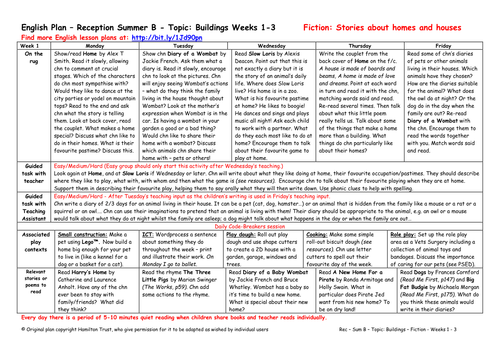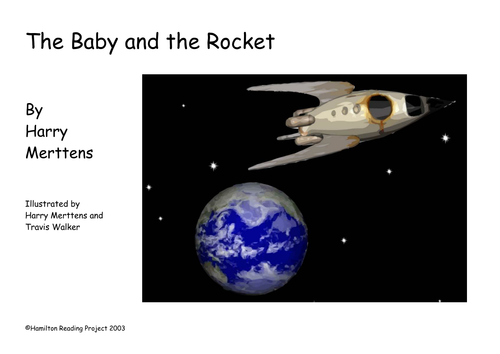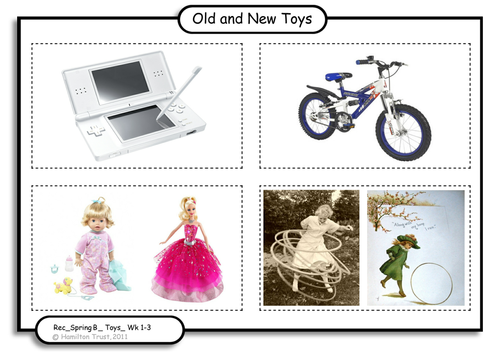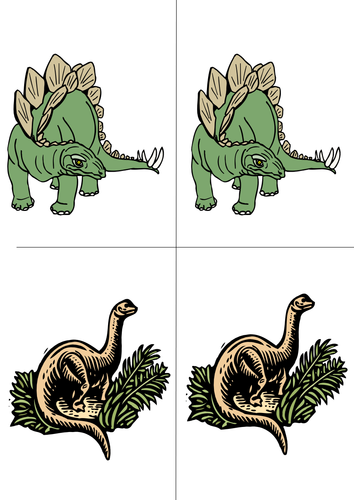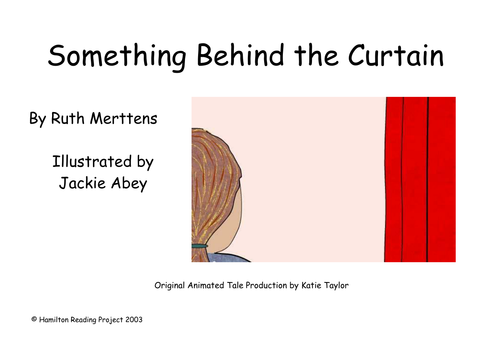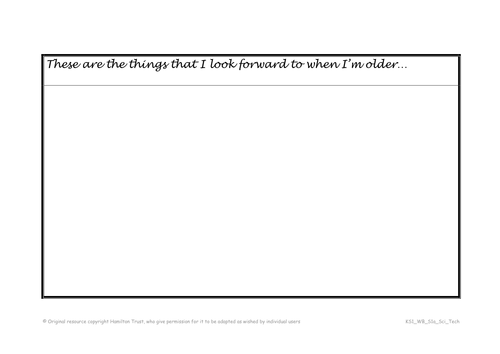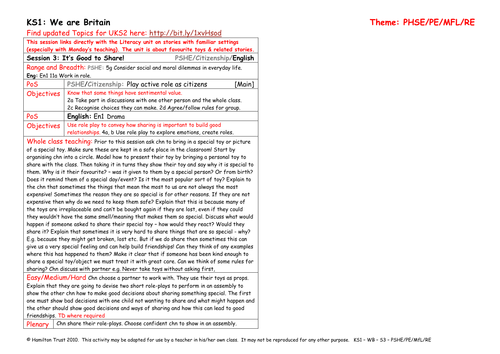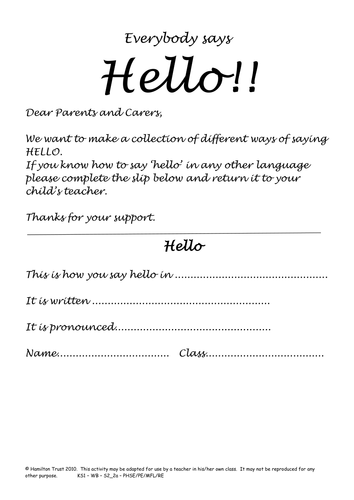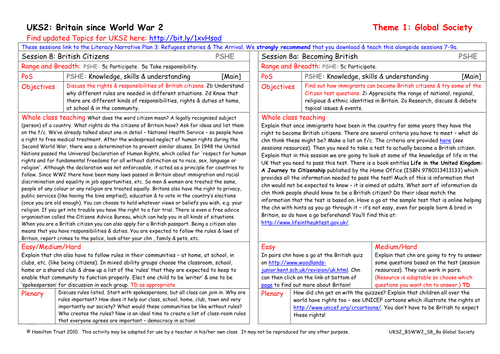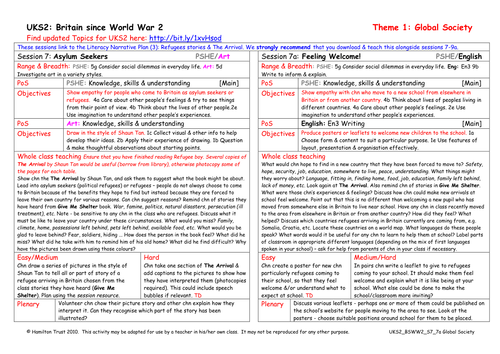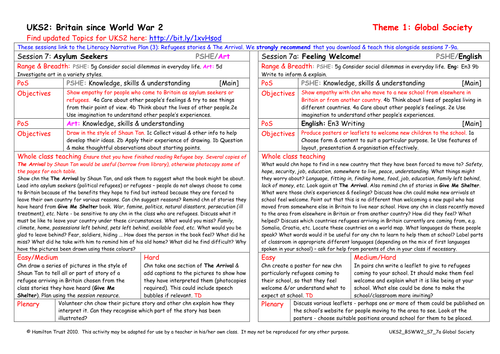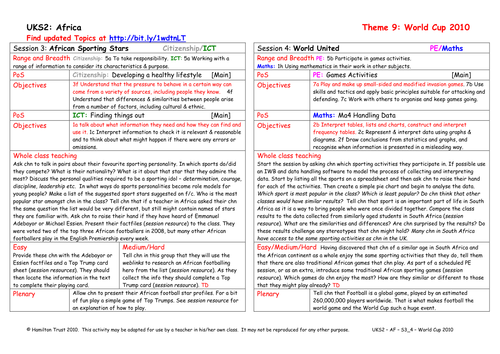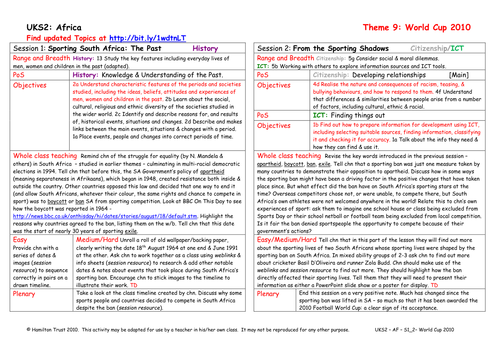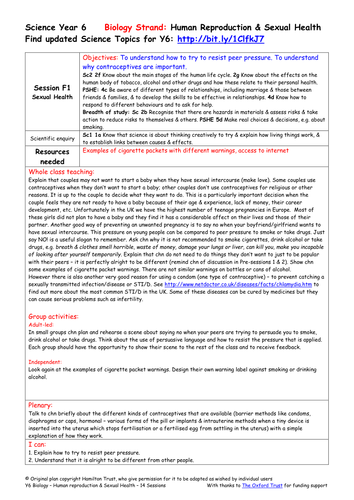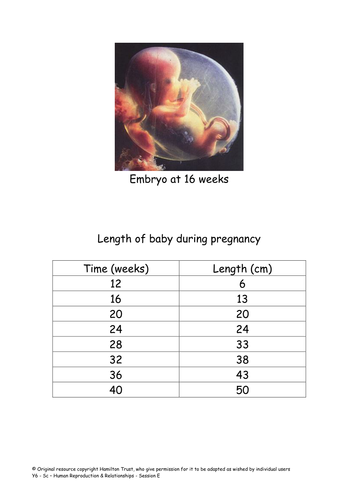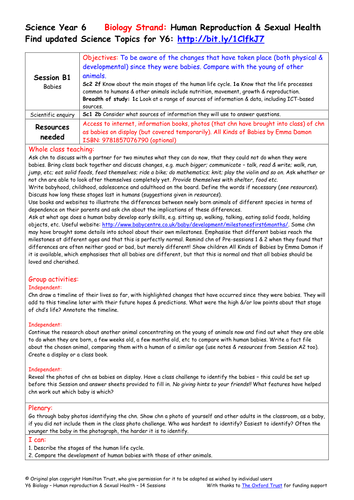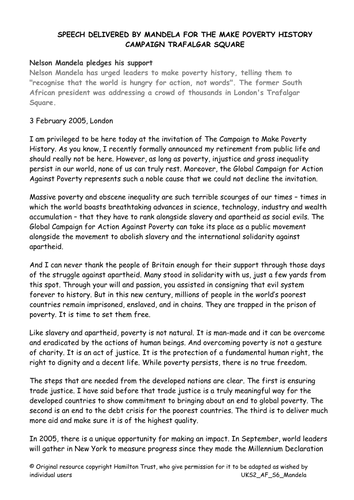
397Uploads
10045k+Views
11646k+Downloads
Personal, social and health education

Animals including Humans - Healthy Animals - Year 2
Hatch eggs and study the life cycle of chickens. Build understanding that exercise makes the heart work harder and that it is an essential part of a healthy lifestyle. Find out about healthy lunch box foods before designing and sharing your own snack.
Includes 6 session plans & resources
01 - Hatching eggs!
02 - Babies!
03- Stranded!
04 - Healthy hearts!
05 - Deep inside my lunch box!
06 - Pack a healthy picnic!
Hamilton’s science scheme provides children with a broad but comprehensive experience of primary science that systematically covers all of the National Curriculum for England objectives. Each year group is split into 6 blocks of 6 sessions, each of which can be completed within a half-term. We present them in a recommended teaching order, but you may adapt this to fit your requirements. Working scientifically, investigations and meaningful outcomes are fully incorporated in each block.

Reception Fiction (Buildings): Stories about homes and houses (weeks 1-3)
Listen to stories about different homes for people and creatures and decide where they would like to live, Home by Alex T Smith, The Town Mouse and the Country Mouse by Helen Ward, and Diary of a Wombat by Jackie French and Bruce Whatley. Children write their own version of The Town and Country Mouse and use The Lighthouse Keeper’s Lunch by Ronda and David Armitage to plan best lunches. Keep diaries, make lighthouses and stormy music.

Reception Non-fiction (Space): Information and instructions (weeks 1-2)
Use the Animated Tale The Baby and the Rocket to introduce children to information texts. Compare facts and fiction. Make a large rocket and use photos of the construction to write instructions. Lots of activities for children to investigate both planets and rockets.

Reception Non-fiction (Toys): Labels, captions, list, descriptions (weeks 1-3)
Taking inspiration from I Love You Blue Kangaroo by Emma Chichester-Clark, children share favourite toys and write descriptions. They talk about toys from long ago with a visitor, learn about old bears and make a class toy museum of old and new toys writing factual statements for displays.

Reception Non-fiction (Dinosaurs): Information texts (weeks 1-2)
Use a 'dinosaur egg' to stimulate discussion about eggs and dinosaurs. Have fun with a range of activities, count and sound out words (Harry and the Bucketful of Dinosaurs by Ian Whybrow and Adrian Reynolds, How do Dinosaurs Get Well Soon by Jane Yolen and Mark Teague), pelmanism, Top Trumps and Dinosaur Dash. Make various dinosaur-related objects, 'steal' dino eggs and draw and label dinosaurs.

Reception Non-fiction (Families): Names, captions and notices (weeks 1-2)
Discuss families and the various roles within them, read the following stories My Mum, My Dad, Me and You, all of which are by Anthony Browne and Don’t Let the Pigeon Drive the Bus and Don’t Let the Pigeon Stay Up Late by Mo Willems. Children write a book about someone who cares for them using similes and also notices for family members. They learn their address too. Activities include paper people, house plans, family portraits and names.

Who wants to grow up?
Children continue to explore how our bodies and minds change as we get older and how this might affect us in old age. They go on to explore their feelings and frustrations about wanting to be older.

Tumble Driers
Children find out how a tumble drier works, list the advantages and disadvantages of tumble driers and then have a debate about whether they are a good or bad thing!

We All Say Hello
Play circle games to practice greeting each other confidently. How many ways do children know to say hello in a different language? Learn 3 new ways.

Tumble Driers
Children find out how a tumble drier works, list the advantages and disadvantages of tumble driers and then have a debate about whether they are a good or bad thing!

British Citizen
Find out what the rights and responsibilities of a British citizen are. Discuss why rules or laws have to be passed for communities to function properly. Children work in groups to list the ‘rules’ needed in their communities, e.g. home, town, school, clubs.

Feeling Welcome
New arrivals in Britain should be made to feel welcome. Think about children moving to a new school from another part of Britain or from another country. Children create posters or write leaflets to welcome newcomers to their school.

Asylum Seekers
Explain that some people come to Britain as asylum seekers or refugees to escape from problems in their home country. Use The Arrival by Shaun Tan to empathise with people coming to Britain. Children draw part of one of short stories from Give me Shelter.

African Sporting Stars
Who is your sporting hero? Children consider who their sporting heroes are, what makes them great and introduces the idea of sportspeople as role models. Children then investigate some African football idols for a game of top trumps.

From the Sporting Shadows
Since the ban was lifted South Africa has become one of the World’s top sporting nations and has even been awarded the World Cup in 2010. But what impact did the ban have on the lives of South Africa’s sporting stars of the past?

Sexual health
Session 1 - Have discussion about contraceptives as a way of preventing an unwanted pregnancy, but also explain that they can help protect against sexually transmitted infections and diseases. Use drama to practise saying no to peer pressure for smoking, alcohol or drugs. Children design warning labels.
Session 2 - Discuss one sexually transmitted disease / infection in more detail – HIV / Aids. Ensure children understand difference between having the virus and the syndrome. Watch a video by children living with an HIV mother and discuss stigma involved with HIV / Aids. Look at statistics and discuss Memory Books and World Aids Day.
Suitable for Y6 pupils.

Pregnancy
Session 1 - Changes at puberty prepare our bodies to have children of our own. Look in more detail at human fertilisation and pregnancy and learn how important it is for mother-to-be to look after her health. Look at baby growth in utero and explain function of umbilical cord.
Session 2 - Watch a video of a birth and discuss other forms of delivery such as Caesarean or forceps deliveries. Discuss how the parents’ lives will now change and relate this to children’s Flour Babies experience. Research birth rites of passage in different cultures.
Suitable for Y6 pupils.

Babies
Session 1 - Children consider the development that they have undergone since they were babies. Draw a timeline of their lives so far. Continue research into the life stages of another animal concentrating on how quickly the babies develop. Have a baby photo challenge!
Session 2 - Look at the proportions of a human adult as shown by Leonardo’s Vitruvian Man. Investigate the shape changes between a baby and an adult human, concentrating on the head to body length ratio. Measure and draw graphs. Sketch children and adults in proportion.
Suitable for Y6 pupils.

Apartheid
Examine the system of apartheid through a class role play activity. Introduce Nelson Mandela and discover what children already know about him. Children reflect on their own feelings during the role play. Start reading Journey to Jo’burg. Suitable for years 5 and 6.

Mandela and Poverty
Children study a Mandela speech on poverty and analyse why it’s so importance in terms of content, context and process. Children plan and write their own speech on the right to education.
Suitable for years 5 and 6.


